From the beginning of Play It Safe's development the idea of authenticity has been really crucial, and so it's very important to me that we portray the events in the film as accurately and realistically as possible. In the film's second act, Jamie (the film's protagonist, played by the very talented Nick Kato) gets a job as a piano teacher and we spend quite a lot of time watching him work at the music school. I knew early on that this was something we had to get exactly right. I want all the musicians and music teachers out there to feel like we have done them justice and portrayed the realities of their day to day work accurately (and hopefully with pathos).
To help us out with this, Play It Safe's composer Nathan Liow (who also happens to work as a piano teacher) has been taking Nick and myself through some of the basics. We had our first lesson late last year, and we had our most recent one a couple of weeks ago.
These lessons are great fun (I usually get to pretend to be a 5 year old student), and it's been fascinating to learn more about teaching music to children.
One highlight of our last lesson was an impromptu piano solo from Nathan just before we finished for the evening. I feel really lucky to have witnessed such an intimate performance, and it made me more excited than ever about the performances that we are going to film for Play It Safe. Nathan will be playing a lot of the music in Play It Safe and, judging by what I heard then, he will be bringing something very very special to the table!
Here's some photos from our last lesson / catchup:










